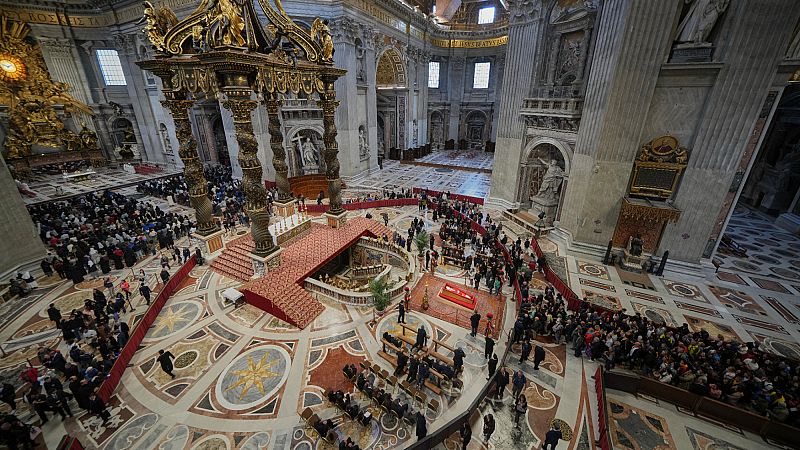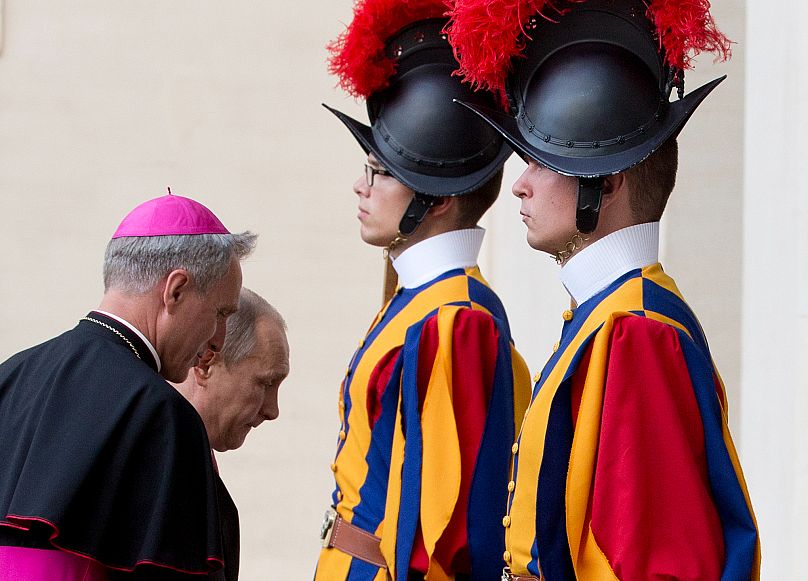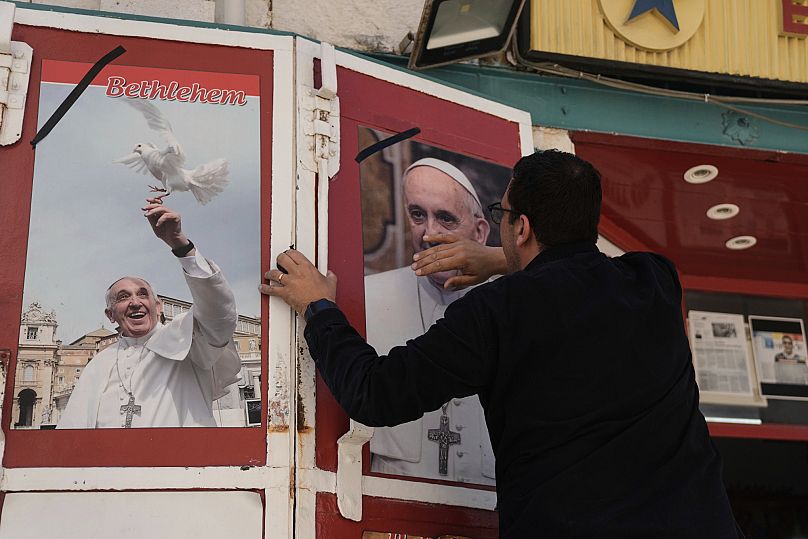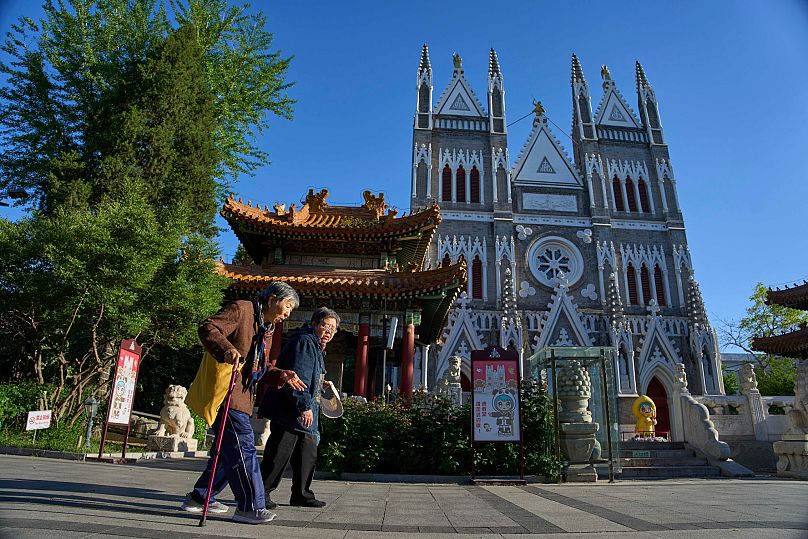
Russia, Israel and China each had unique and often complex relationships with the Vatican and the late Pope Francis.
As the pontiff’s funeral becomes a quiet stage for diplomatic symbolism, the presence — or absence — of certain countries speaks volumes.
Russia and Israel will both be represented at the funeral of Pope Francis, though notably not by their top leaders, as President Vladimir Putin and Prime Minister Benjamin Netanyahu are not attending.
Instead, Russia will send its Culture Minister Olga Lyubimova, and Israel will be represented by Yaron Zeidman, the ambassador to the Holy See.
Putin stopped by a warrant?

Putin’s absence is widely seen as tied to the International Criminal Court’s (ICC) arrest warrant against him, even though he praised Pope Francis as a "defender of humanism" in the tribute after his death.
While theoretically at risk of arrest if he set foot in Italy, the likelihood was unclear: according to Italian daily Corriere della Sera, Italy’s Ministry of Justice has yet to transmit the ICC’s warrant to the Court of Appeal in Rome — a necessary step to validate any arrest.
The ministry has also reportedly failed to process five other warrants against senior Russian officials, including Maria Alekseyevna Lvova-Belova, Russia’s commissioner for children’s rights, who faces similar charges to Putin.
Israel-Vatican relations at a low point under Francis

Netanyahu’s absence comes amid strained ties between Israel and the Vatican, particularly over the Israel-Hamas war in Gaza.
As many world leaders promptly offered condolences upon the pope’s passing, the first official message of condolence arrived a few hours after the announcement of the pope's death, from Israeli President Isaac Herzog.
However, Netanyahu’s government waited three days to issue a statement, which was widely interpreted as a diplomatic signal.
Pope Francis had repeatedly condemned the war in Gaza, and his public criticism has deepened tensions with the Israeli government.
China’s has 'no information to share'

China has yet to confirm its attendance, and the chances of participation appear slim. When asked by Reuters whether Beijing would send a representative, Foreign Ministry spokesperson Guo Jiakun simply replied: “No information to share at the moment.”
Beijing issued a brief condolence message nearly 24 hours after the pope’s death — and only after journalists pressed for a response.
Nevertheless, a prayer in Chinese will be included during the funeral — a nod to Pope Francis’ long-standing efforts to build bridges with the government in Beijing, despite decades of strained ties.
Many observers consider the pursuit of dialogue with China to be one of his most significant political missions.
The Holy See has not had formal diplomatic relations with China since 1951 and is the only European state to officially recognise Taiwan, a self-governing island democracy Beijing claims as its own.
The new sensitive balance of the Holy See toward China is likely behind Taiwan’s decision to downgrade its delegation after talks with the Vatican. President Lai Ching-te will not attend, and a former vice president will represent Taiwan instead.
China’s decades-long dispute with the Vatican also involves the appointment of Catholic bishops. Cardinal Joseph Zen, a retired bishop of Hong Kong and a vocal pro-democracy advocate, has received special permission from a Hong Kong court to travel to Rome for the funeral.
His passport had been seized following his 2022 arrest in connection with pro-democracy protests.







